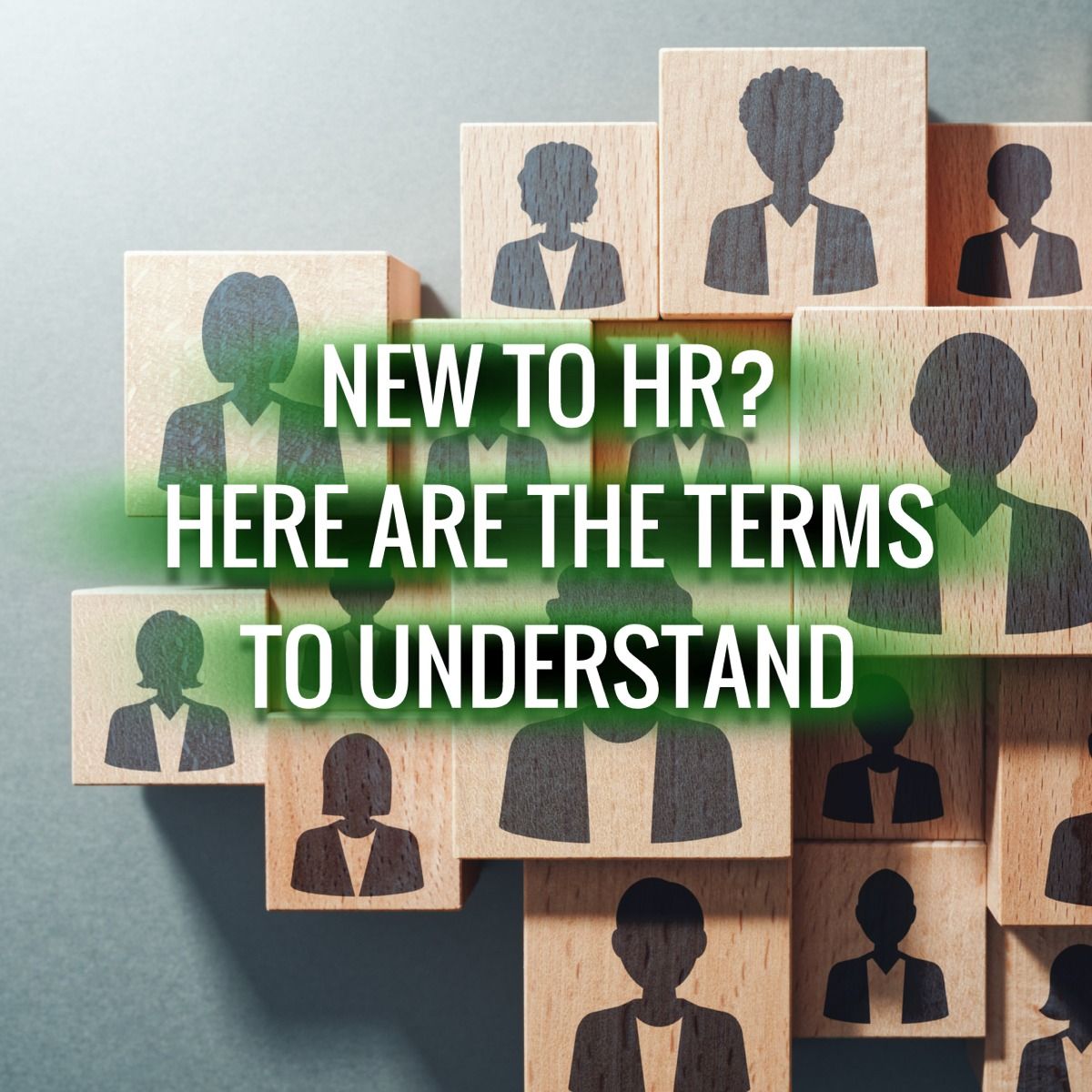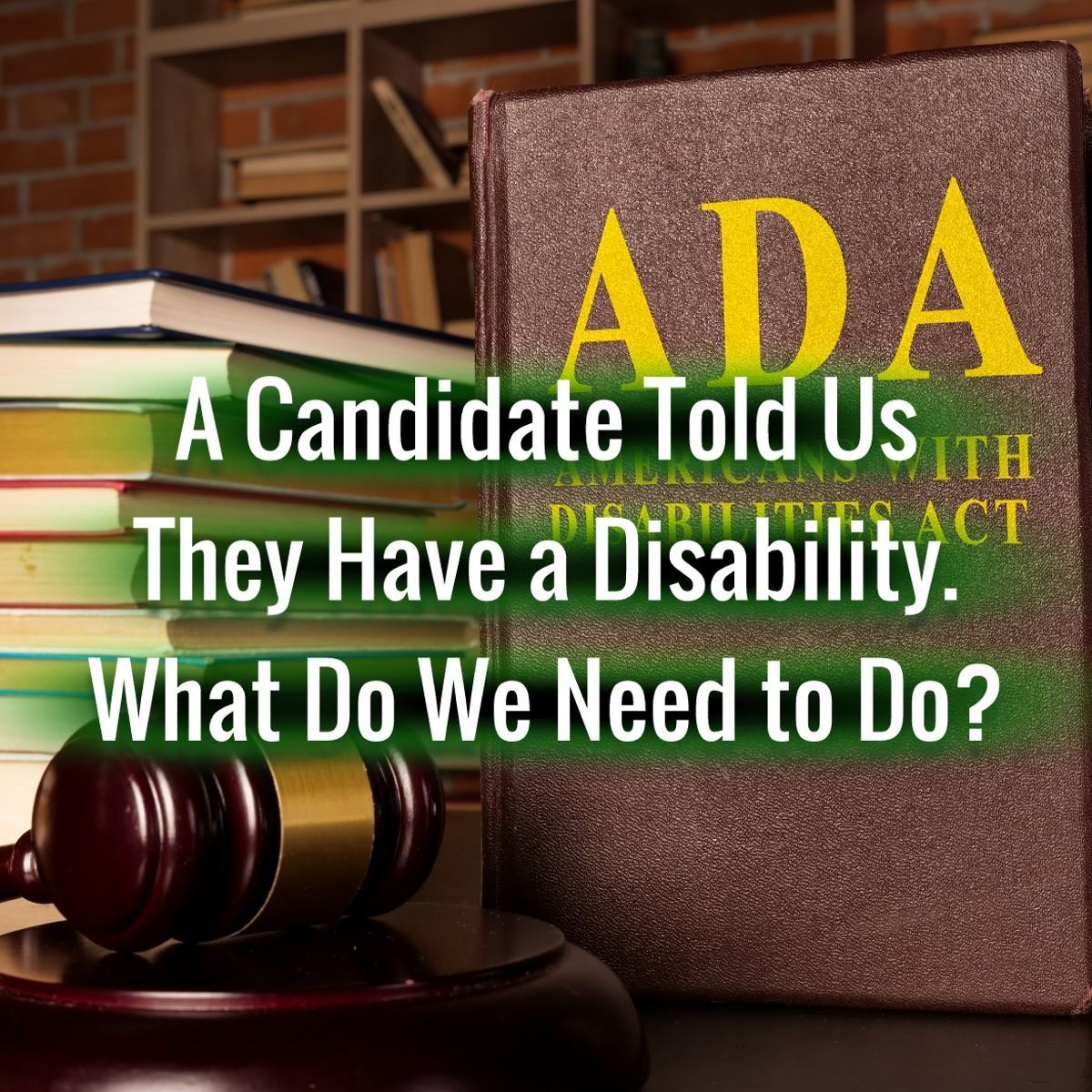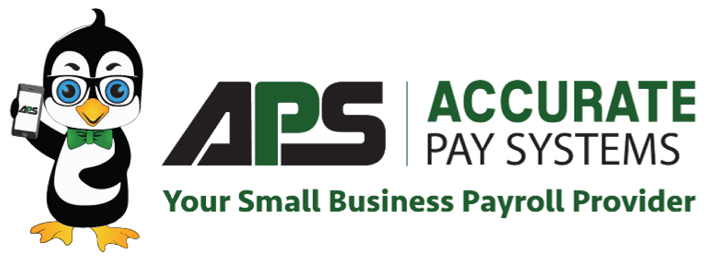Call Us Today! (844) 927-7462
New to HR? Here Are the Issues to Understand First

Are you new to HR? Feeling overwhelmed by the vast and constantly changing landscape of employment law? Worried about the risks to your organization? Don’t panic. You’re in the same boat as many others. You don’t need to know everything on your first day or even your first year. HR professionals with decades of experience are still learning new things.
For beginners and seasoned professionals alike, the key is knowing what you need to learn more about as you go along. For example, you don’t need to understand every facet of the federal Family and Medical Leave Act when no employee has need for leave, but you should be aware of whether the law applies to your organization and where to find more information when the occasion arises.
Below we’ve summarized the HR topics that you should be aware of sooner rather than later. All of these are addressed in more detail on the platform.
Accommodations
Accommodations adjust the work environment, employer policies, or job application process to enable people with disabilities or religious needs to perform the essential functions of their job, access employment benefits, or be considered for a job they’re qualified for. Common types of accommodations include modifying work schedules, altering the way job duties are done, reassigning a non-essential job duty (like stacking the monthly 100-lb paper delivery in the storage room), granting additional breaks, providing accessible parking, and offering materials in alternative formats (e.g., Braille, large print).
At-Will Employment
In all U.S. states except Montana, employment relationships are presumed to be at will. This means that an employer may terminate an employee at any time, for any reason (except an illegal one), or for no reason at all, and an employee has the same freedom to end the employment relationship. But note: Even though you can terminate someone for any reason, it’s best to have a legitimate business reason and to document it. A terminated employee could always claim they were terminated for an illegal reason, and thorough documentation can help show that wasn’t the case.
Benefits
Benefits are the parts of employee compensation that don’t come in the form of a paycheck. Common benefit offerings include medical, dental, and vision insurance, retirement plans, paid training/education, disability insurance, life insurance, and company discounts.
Discrimination
Unlawful employment discrimination happens when you treat employees better or worse based on their membership in a protected class. Protected classes—also known as protected characteristics—come from several federal laws, though about half are from Title VII of the Civil Rights Act of 1964. They include race, color, religion, sex (including pregnancy, gender identity, and sexual orientation), national origin, disability, age (40 or older), and genetic information. Refusing to hire or promote someone because they’re 55, gay, or from Argentina, for example, would be unlawful discrimination under federal law. Many states also have their own antidiscrimination laws that protect additional characteristics.
Employee Handbook
An employee handbook helps keep everyone on the same page about the company’s philosophy, employment practices, policies, benefits, and expected conduct. Having one isn’t required by law, but it’s a useful resource for both an organization and its people. Employers will often ask employees to sign an acknowledgment that they’ve read and understood the handbook.
Employee Training
Most employees don’t begin a job with all of the knowledge, skills, and abilities they’ll be using in the job. Training prepares employees to do the work they were hired to do, do it better over time, and take on new roles and responsibilities as they and the organization develop. Training is also important for compliance—safety and harassment prevention training, for example.
Compliance
HR compliance is the work of ensuring that your employment practices conform to federal, state, and local laws. This work requires learning which laws apply to your organization and understanding what they require you to do. New laws are passed every year, especially at the state level. Keep apprised of these changes.
Form I-9
The Form I-9 is a federal form that all employers must complete with new employees, within their first three days of employment, to confirm the employee is eligible to work in the United States. This form confirms both the identity of the employee and their employment eligibility. A new version of Form I-9 is being released today, along with an alternative procedure for remote verification, so even HR professionals who have been at this for years will have something new to learn.
Job Description
A job description defines the duties, responsibilities, and requirements of the role. It outlines what the job will entail and what knowledge, skills, and abilities are needed to do it. Job descriptions may be useful for setting pay, establishing performance metrics, and developing career ladders.
Leaves and Time Off
When an employee requests time away from work, you may have a legal obligation to provide it. Both federal and state laws require leave or time off for certain reasons or under certain circumstances, and more than one leave law may apply at a time. While there is no federal paid time off requirement, many states and localities do require certain leaves to be paid.
Onboarding
Onboarding is the (hopefully) formalized process of welcoming a new employee into the organization and setting them up for success. It involves completing any new hire paperwork, giving them time to read the employee handbook and any other important materials, introducing them to people they should know, and anything else that will help them integrate with the team.
Performance Management
Performance management is the work of setting consistent performance expectations, goals, and metrics across an organization so that leaders know what good and bad performance looks like, how poor performance should be addressed, and how good performance should be reinforced and rewarded. Leaving performance evaluations and corrections entirely to individual managers can lead to disparate and potentially discriminatory practices, so it should generally be centrally managed.
Recordkeeping
There are a lot of rules around recordkeeping: what employee records need to be kept, where and how they should be kept, and how long they need to be kept. Make sure your recordkeeping and storage practices comply with these requirements.
Safety and Health
All employers have an obligation under the OSHA general duty clause to provide a workplace free from hazards, and they must also notify OSHA when an employee is killed on the job or suffers a work-related hospitalization, amputation, or loss of an eye. Additional recordkeeping and reporting requirements apply to organizations in certain high-risk industries.
Termination
Termination is the conclusion of the employment relationship, and there are rules employers need to follow when they decide to terminate a worker’s employment. These include requirements around benefits continuation, final pay, and notices a terminated worker should receive on their way out the door. Employers should also take care not to discriminate or appear to discriminate when terminating someone’s employment.
Wage and Hour
The topic of wage and hour covers the compliance requirements around pay, including minimum wage, overtime, and employee classification. There are plenty of ways to mess up here, and it’s an area where messing up is likely to be noticed and costly, so it pays to take time to understand and comply with the requirements. It’s also an area in which federal, state, and local laws may differ, so make sure you’re complying with the most employee-friendly requirements.
From HR Support Center -
Legal Disclaimer: This message does not and is not intended to contain legal advice, does not address state or local law, and its contents do not constitute the practice of law or provision of legal counsel. The sender cannot be held legally accountable for actions related to its receipt.




Phone: (844) 927-7462 | Email: cmarsh@accupayinc.com
